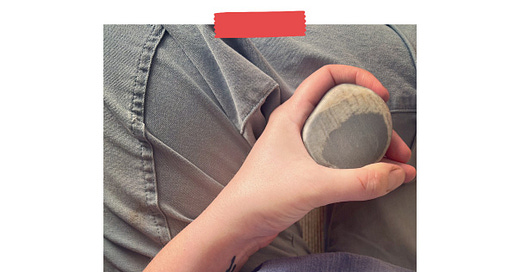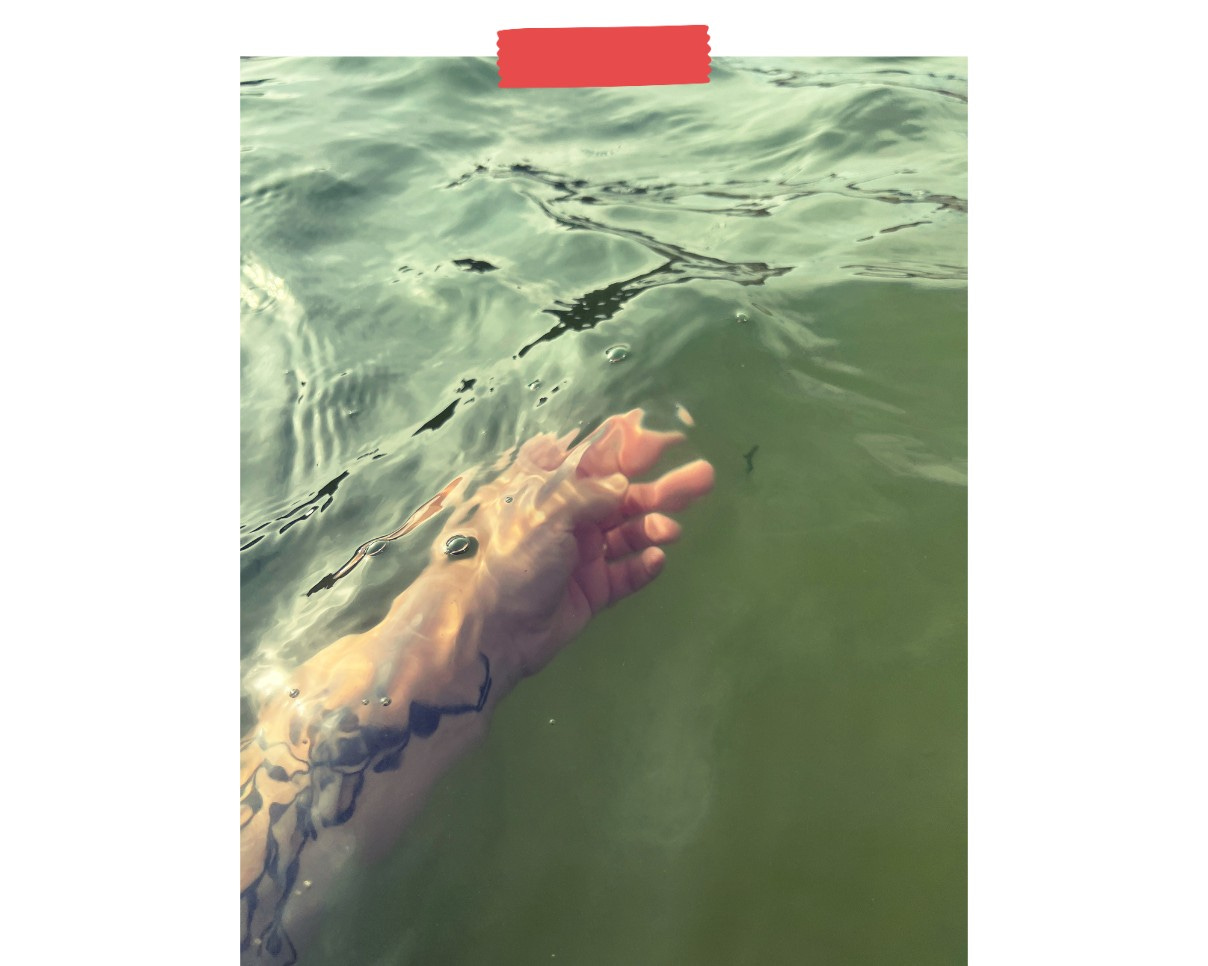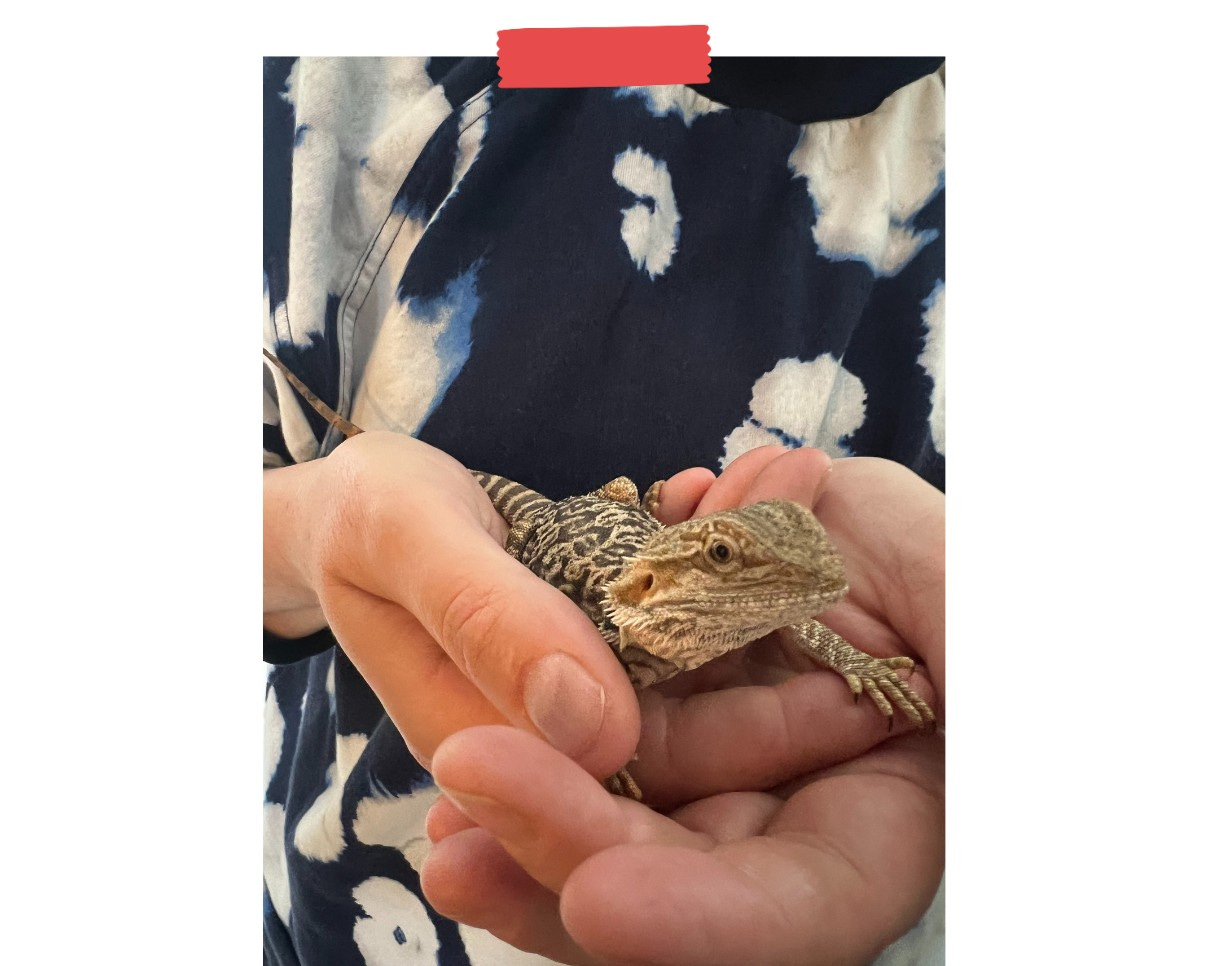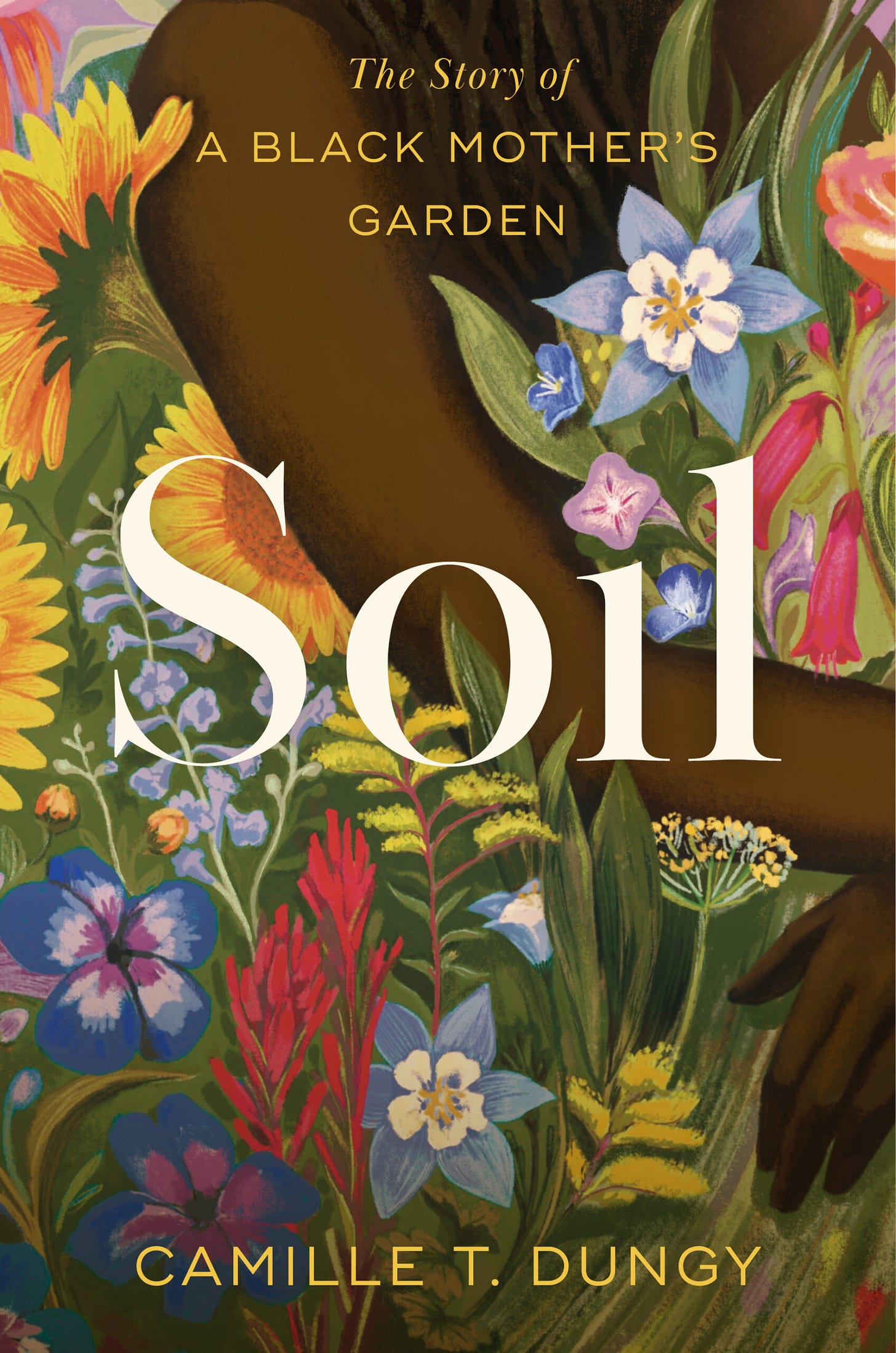Hello,
I am back, yet again, to that feeling I described in Enchantment, the irresistible pull of doomscrolling that can sink whole days:
“I sit at my desk and work, but instead I fidget between Twitter and Instagram and the news, Twitter and the news, Instagram and the news, Twitter and Instagram and Twitter, and Twitter and Instagram and the endless, terrible news, and Twitter again, where everyone is outraged at the news, and everyone seems so certain, in one direction or another, about what ought to be done. I can pass hours like this, guiltily flickering between all the human avatars that seem so solid compared to me, so certain. They give out steady light, and I do not. I gaze at them emptily and wonder how they know so much, how they came to be so sure.”
Listen to a recording of me reading this section (and a little more):
I’m sure I’m not alone in my magnetic attraction to the news right now. It’s one of the reasons that I don’t lose my faith in humanity at times like this: the air is thick with care. This is when we feel our human connection most powerfully. Despite our horror, we do not turn away, but instead turn back to witness suffering again and again, feeling ever more helpless.
With it - for me at least - comes a dose of shame. Why do I get to live in such abundant peace while others are burying their children? There are days when I could be entirely sunk by that thought alone, feeling sick with the privilege of my safe, warm little house with its overflowing cupboards and soft beds. It is bitterly unfair.
But I want to suggest today that, in these moments, it’s more important than ever to take care of yourself. I know that can feel counter-intuitive: making yourself more comfortable seems to only widen our distance from the people who are suffering. But, as people in the caring professions know only too well, exhausted minds and bodies help no-one. This peace, which some of us have been given in life’s great, unjust lottery, is precious. We have a duty to keep it, to tend to it, and to pass it on. It should not be squandered. We live it in hope that it is contagious, so addictive that it passes to our children, and that they hand it down as a basic artefact of being, not a luxury.
Grounding yourself means reconnecting your mind with your body, and your body with the land that holds it. It means making time to notice your feelings and making the space to process them, rather than letting them get stuck inside you like stagnant water. And it means opening yourself to a sense of continuity with this enormous planet, and all the people in it; feeling your place as a tiny part of a vast, unknowable organism.
There’s an important first step: put down your phone, shut your laptop, switch off your iPad. Take a breath. Stretch. Now, try one of these ideas:
Step outside
You don’t have to go anywhere. Just step out of your door or open a window. Notice how the world feels today. Breathe the air, and ask yourself how it smells. Feel the temperature and humidity on your skin. Listen to the sounds around you, and try to name them. Position yourself in this particular day, in this season, in this year.
Go barefoot
Great if you’re indoors, even better outdoors: take off your shoes and socks, and connect your feet with the ground. Spread your toes. Close your eyes, and tune in to the feedback coming from your soles. Now walk slowly, feeling every part of your foot make contact with the earth as you do it.
Take a fast walk
I often suggest slowing down, but sometimes it’s good to speed up a bit. I love taking a brisk walk on a flat surface, allowing my body to fall into a rhythm, feeling my arms swing beside me and my feet pounding rhythmically on the ground. It’s soothing and almost hypnotic, and it responds to my flight instinct too. For similar reasons, I adore climbing steep hills. I realise that not everyone will agree. (If you have more time and energy, you might enjoy my guide to taking a long walk.)
Hold a stone
Maybe (like me) you can’t resist bringing lovely stones home; or maybe you need to go looking for one outdoors. But holding a stone in your hands, feeling its weight, gradually letting it warm against your palm, is a gentle, contemplative practice. As you do so, you might like to think about its vast age, and how it was formed.
Seek out the horizon
Jay Appleton’s ‘habitat theory’ suggests that we instinctively assess landscapes for how survivable they are. This means that we are calmed by being able to see the horizon - by surveying our territory, we can see that we are safe. Whether you believe this or not, finding a spot where you can see the horizon is deeply soothing and probably beautiful, too.
Write a card
Send a handwritten card to say thank you, I miss you, or just hello. Not only does this make meaningful contact with another human being (so much better than arguing with strangers online), it also gives you the pleasure of writing by hand. I keep a stash of cards and stamps in my bag so that I can do this spontaneously.
Get wet
This is what I crave the most. Submerge yourself in water, whether it’s a hot bath, a cold swim, or something in between. Feel the way that the water holds you, and makes you feel lighter. Let your movements become more fluid to match it.
Hug an animal
Spend some time with something furry (or scaly: I have a bearded dragon and I can confirm that he is very good company), stroking them, scritching them, or just having a nice chat. It’s a lovely sensory experience, but it’s also an act of communication and trust.
Make some food
What are you hungry for right now? Make yourself something delicious, and sit down to eat it. Or make something to give away, like some pickle or a cake. Take pleasure in slowly preparing delicious ingredients, and engaging with your own needs and desires. (I made this Instagram reel about how I cook to quell my nerves.)
Sing
Singing is a whole-body experience, forcing you to draw air deep into your lungs, and to steady your voice. It doesn’t matter how your voice sounds; the act of singing is an end in itself. Sing the song that comes to you in this moment, and give it all the emotion it deserves. Better still, find someone to sing with you.
There are many, many more ways to find your earth - I’d love to hear your suggestions in the comments.
One important, final thing: resting your body is not the same as doing nothing. It is instead a way to find the clarity and perspective to take effective action. Here are a few ideas for channelling your care in a sustainable way:
Limit your consumption of news - pick one or two trusted sources (perhaps with slightly different perspectives), and turn to them once a day. When you have finished reading, watching or listening, move on to something else.
Look for enduring information - try to spend as much time on enduring media such as books or documentaries as short-term media such as news sites. This will help you to be better informed about context and detail, rather than chasing ‘breaking stories’ which are often hard to fully understand.
Take one defined action - when you are horrified by a news story, ask yourself what one action you can take today. It might be giving money to a charity, writing a letter to your political representative or checking in on more vulnerable people who might need your support. Once this is done, let it go for the day.
Help locally - you might not be able to do very much for people at the other side of the world, but you can help closer to home instead. Channel your energy towards doing small goods in your local area. For example, we’re about to take part in our local food bank’s ‘reverse advent calendar’, which asks us to donate a grocery item every day. It’s small, but practical and mindful.
Help within your means - financially, physically, and psychologically. Personal sustainability matters. Do what you can, without doing harm. Sometimes, that will be nothing at all, and that’s OK. Sometimes, you’ll be the one in need of help, and that is also okay. Don’t worry about what everyone else is doing. We’re all in this together, and it is not your personal responsibility to manage the world.
And if you’re feeling overwhelmed by the darkness of winter, as well as that of the world, you might find my guide to lighting the dark months helpful.
Take good care,
Katherine
Coming up at The Clearing
Events for paid subscribers
This month’s book club read is Camille T Dungy’s Soil - there’s a reading guide here.
November’s True Stories Book Club with Camille T. Dungy talking about Soil
9th November, 7pm UK
If you think a friend or loved one would enjoy The Clearing by Katherine May, gift subscriptions are available here | Website | Buy: Enchantment UK /US | Buy: Wintering UK / US | Buy: The Electricity of Every Living Thing UK / US
This newsletter may contain affiliate links.









"It’s one of the reasons that I don’t lose my faith in humanity at times like this: the air is thick with care. This is when we feel our human connection most powerfully. Despite our horror, we do not turn away, but instead turn back to witness suffering again and again, feeling ever more helpless."
Thank you so much for this reframe, Katherine!
Sometimes when I’m feeling close to despair over what’s happening in the world and know I still need to do all the usual things to take care of myself, instead of turning away from the world’s suffering while showering or cooking or climbing into a soft bed, I turn toward it and imagine that I’m doing these things for the people who can’t. I imagine some bit of the nourishment or comfort I’m receiving passing to a child in Gaza, for example. I’m not saying this has some magical effect in the world, but it has a magical effect within me - within my anguish, a sense of love and connectedness blossoms. Maybe that’s a small thing, but if we all lean into a bit more love and a bit more connection, we lean into a kinder world.